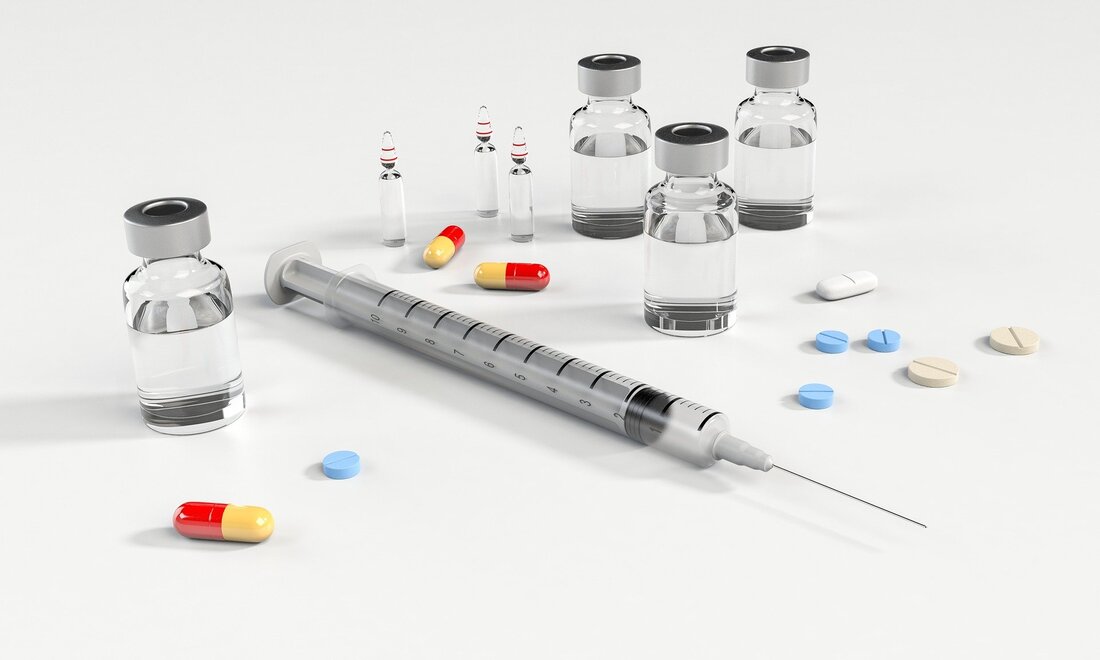|
What is Surgery – Sepsis Diagnosis
Sepsis and the systemic inflammatory response syndrome (SIRS) DEFINITION When two or more of the following are present, SIRS is considered: Heart rate >90 beats per minute. Temperature should be 36°C or higher (>38°C). PaC024.3 kPa or tachypnoea >20/minute (32 mmHg). >12,000 cells/mm3 or >10 percent immature neutrophils (WCC 4000). SIRS Plus infection = sepsis. Sepsis with organ failure, hypotension, or hypoperfusion is known as severe sepsis. Sepsis-induced hypotension despite adequate fluid resuscitation is referred to as septic shock. SIRS is a frequent inflammatory response to a wide range of physiological stressors, including infection, ischaemia, inflammation, e.g. pancreatitis, trauma, and burns. Multiple organ dysfunction syndrome (MODS) occurs when an acutely unwell patient's organ function is disrupted to the point where haemostasis cannot be maintained without intervention. EPIDEMIOLOGY All ages, extremes of age, and comorbidities have a detrimental impact on the result. HISTORY Whether infectious, traumatic, ischemic, or inflammatory, it depends on the aetiology. EXAMINATION For diagnosis, a thorough examination is performed, paying close attention to vital signs, urine output, and mental status. The respiratory rate is a sensitive indicator of sickness severity. PATHOLOGY/PATHOGENESIS Local cytokines induce an inflammatory response in response to an insult in order to fight infection and promote recovery. To improve the local response, cytokines are released into circulation. The release of endogenous antagonists and a decrease in pro-inflammatory mediators normally govern the acute-phase response. If homeostasis is not restored, inflammation and coagulation take over, resulting in microcirculatory thrombosis, hypoperfusion, ischaemia, loss of circulatory integrity, and tissue damage. INVESTIGATIONS FBC, U&E, LFT, amylase, and cardiac enzymes are all tested in the blood. CRP and ESR are two inflammatory markers, as are IL6, IL8, pro-calcitonin, and LPS-binding protein. ABG: Indicates the severity of acidosis and lactate levels. Blood, sputum, urine, lines, CSF, joint fluid, ascites, pleural effusion and other possibly contaminated locations are all cultures. Imaging studies are used to identify and sample the source of infection. MANAGEMENT Stabilization of the patient as soon as possible.ABC resuscitation. In sepsis, start empirical antibiotics right away and support organ function. With a systematic approach developed into the Surviving Sepsis Campaign, targeted and protocol-driven early 'goal-directed therapy' of fluid and inotropic support has been shown to enhance the prognosis from sepsis. The following are also some of the goal-directed therapy : venous pressure in the heart 8–12 mmHg, a mean arterial pressure of less than 65 mmHg ,0.5 ml/kg/hour urine output. Oxygen saturation in the central venous system is greater than 70%. Supportive measures include critical care, glycemic control, nutrition, DVT prevention, and stress ulcer prevention. Acute renal failure is a common complication of severe sepsis, and it may necessitate renal replacement treatment. Even if a septic patient's renal function is normal, early high-volume continuous veno-venous haemofiltration may be recommended. Some of the pro-inflammatory or pro-coagulant cytokines that drive the septic cascade are hypothesised to be removed during this process. Activated protein C (drotrecogin alpha): The PROWESS research found that recombinant-activated protein C (drotrecogin alpha) lowers mortality in patients with severe sepsis (higher risk of bleeding). Surgical: Acute surgical difficulties, such as abscess drainage and infected tissue removal/debridement, should be deal correctly. COMPLICATIONS Renal failure, coagulopathy, liver failure, ARDS, and mortality are all symptoms of multi-organ dysfunction. PROGNOSIS SIRS has a 7% mortality rate, severe sepsis has a 30% mortality rate, and septic shock has a 50% mortality rate. Each new organ failure increases mortality rates by 15–20 percent.
0 Comments
Leave a Reply. |
Kembara's Health SolutionsDiscovering the world of health and medicine. Archives
June 2023
Categories
All
|

 RSS Feed
RSS Feed